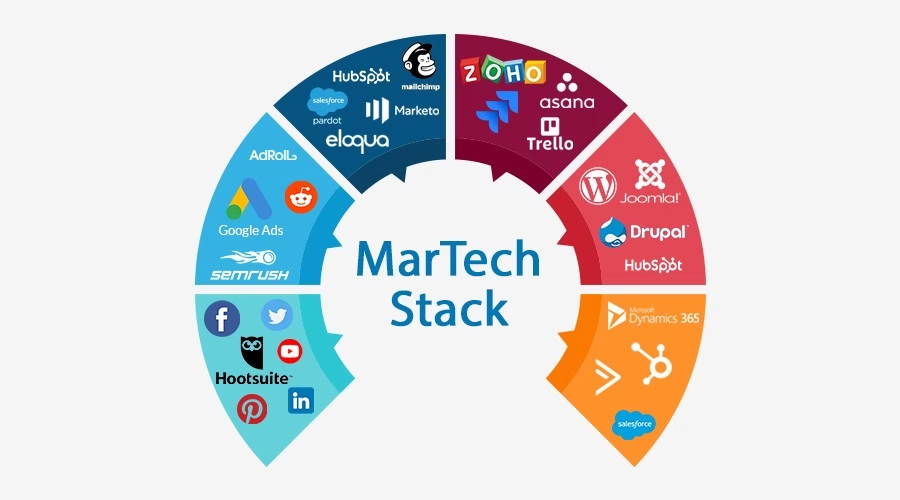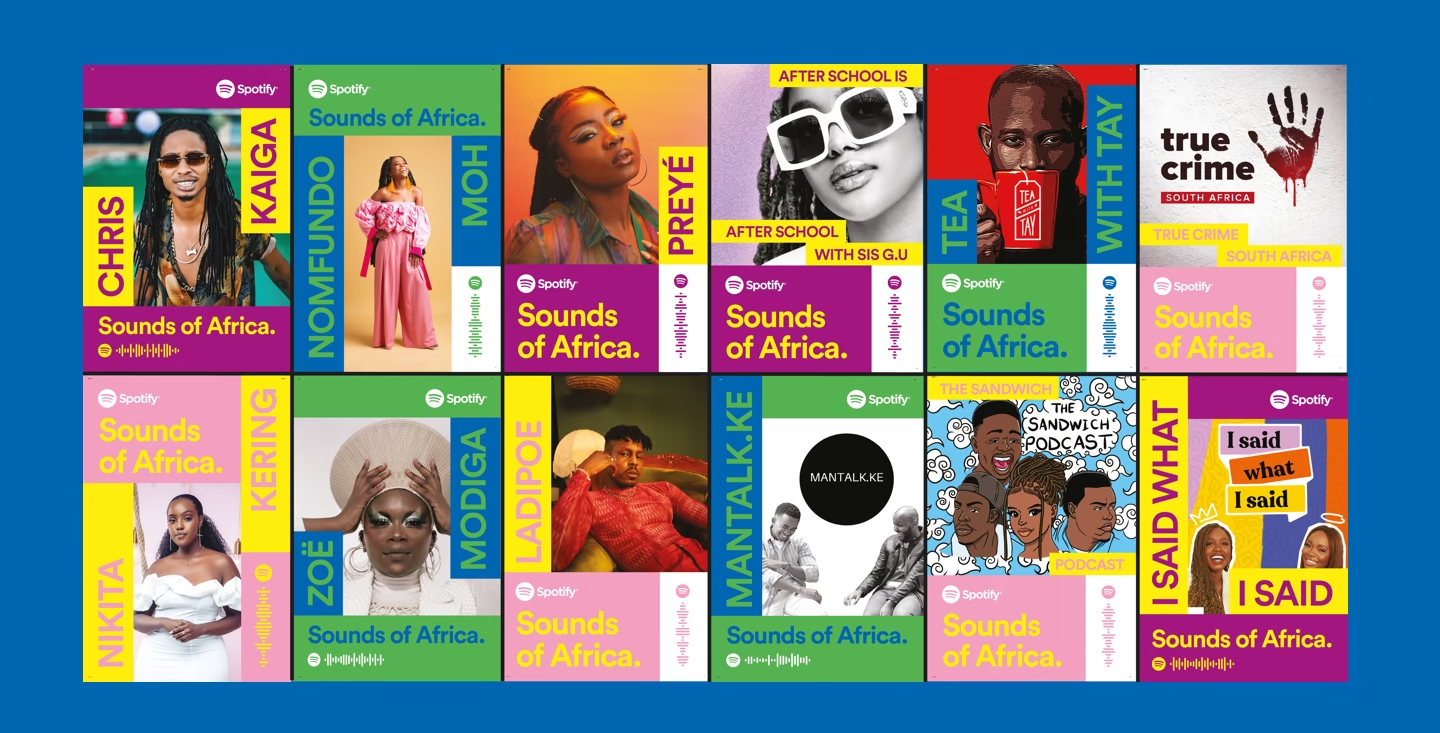By Stanislaus Martins, Marketing and Technology Expert
Artificial intelligence is reshaping the marketing landscape, and Adobe has taken a significant step forward with its latest innovation—AI-powered marketing agents. These new tools, integrated into the Adobe Experience Platform, aim to revolutionize marketing workflows by automating website optimization, content management, and audience targeting.
For brands and marketers, this represents a shift away from traditional, manual campaign management toward an era where AI handles key marketing functions in real-time. The result is faster execution, more precise audience engagement, and improved return on investment.
What Are AI-Powered Marketing Agents?
Adobe’s AI-powered agents are designed to function as autonomous marketing assistants, capable of analyzing vast amounts of data, predicting user behavior, and making adjustments to campaigns without human intervention. Unlike conventional automation tools, these agents go beyond simple task execution by leveraging machine learning to make strategic decisions in real-time.
Key Capabilities of Adobe’s AI Marketing Agents
- Website Optimization: AI analyzes visitor behavior, engagement patterns, and conversion data to adjust layouts, messaging, and calls-to-action for better performance. A landing page with high bounce rates, for example, could be automatically redesigned to improve user engagement.
- Content Management: AI can determine the best types of content for specific audiences, selecting and distributing blog posts, videos, or infographics based on engagement metrics. If an audience responds better to short-form video rather than text-based content, the AI will prioritize video distribution.
- Audience Targeting and Segmentation: Instead of relying on broad audience categories, AI marketing agents analyze customer behavior and preferences to create highly specific user segments. These micro-segments allow brands to personalize messaging at scale, ensuring higher engagement and conversion rates.
- Real-Time Campaign Adjustments: Traditional campaigns often require manual monitoring and adjustments. Adobe’s AI agents can instantly shift budgets between platforms, pause underperforming ads, and optimize messaging based on real-time performance data. If an ad is generating strong engagement on a particular channel, for instance, the AI will allocate more resources to maximize results.
Why AI Marketing Agents Matter
1. Efficiency and Cost Reduction
Marketers often spend significant time manually analyzing performance data, adjusting campaigns, and reallocating budgets. AI marketing agents eliminate these inefficiencies by making real-time optimizations automatically. This reduces operational costs while improving the effectiveness of marketing efforts.
2. Improved Campaign Performance
By continuously analyzing user behavior and adjusting campaigns accordingly, AI-powered agents enhance overall campaign effectiveness. The ability to personalize experiences at scale results in higher engagement, lower customer acquisition costs, and increased lifetime value.
3. A New Approach to Personalization
Personalization has long been a goal in digital marketing, but AI marketing agents make it possible on a much larger scale. Instead of generic audience segmentation, these tools analyze user data in real time to deliver highly relevant content and offers to individual users. This shift from broad targeting to personalized engagement can significantly improve conversion rates.
4. Competitive Advantage in an AI-Driven Market
With AI-powered search engines like ChatGPT and SearchGPT reshaping online discovery, brands that do not integrate AI-driven automation risk falling behind. The businesses that adopt AI marketing agents early will be better positioned to compete in a rapidly changing digital landscape.
Preparing for the AI-Powered Future of Marketing
For marketing teams, the introduction of AI marketing agents signals the need to rethink traditional strategies. To remain competitive, businesses should:
- Adopt AI-powered tools early: Companies that integrate AI marketing agents into their workflows will have a head start in optimizing customer engagement and conversions.
- Focus on strategy rather than manual execution: As AI handles time-consuming tasks, marketing teams should shift their focus toward brand storytelling, customer experience, and long-term growth strategies.
- Develop expertise in AI-driven marketing: Understanding how AI marketing agents work will be crucial for ensuring that campaigns align with business objectives.
- Monitor AI-driven campaigns closely: While AI can optimize marketing efforts, human oversight remains necessary to refine strategy and ensure AI-generated recommendations align with brand messaging.
The Future of AI in Marketing
The introduction of AI-powered marketing agents marks a turning point for digital marketing. Automation has long been a part of the industry, but Adobe’s new AI tools elevate it to a level where AI is not just assisting marketers but actively making strategic decisions.
As artificial intelligence continues to advance, marketing teams will need to embrace these changes to stay competitive. AI-powered marketing agents are not just a passing trend—they represent the next stage of marketing evolution, where brands must leverage automation to optimize campaigns, improve personalization, and drive long-term success.
For those still relying on traditional digital marketing strategies, the question is no longer whether to adopt AI but how quickly they can integrate it into their operations before competitors gain the upper hand.










